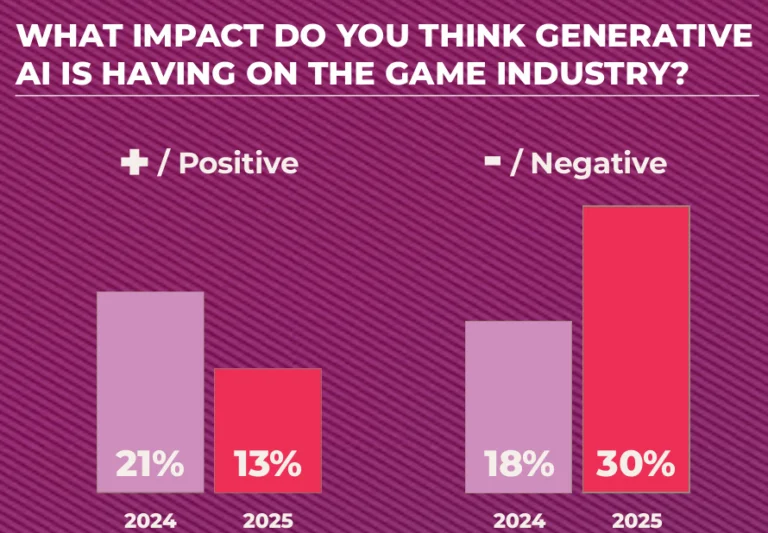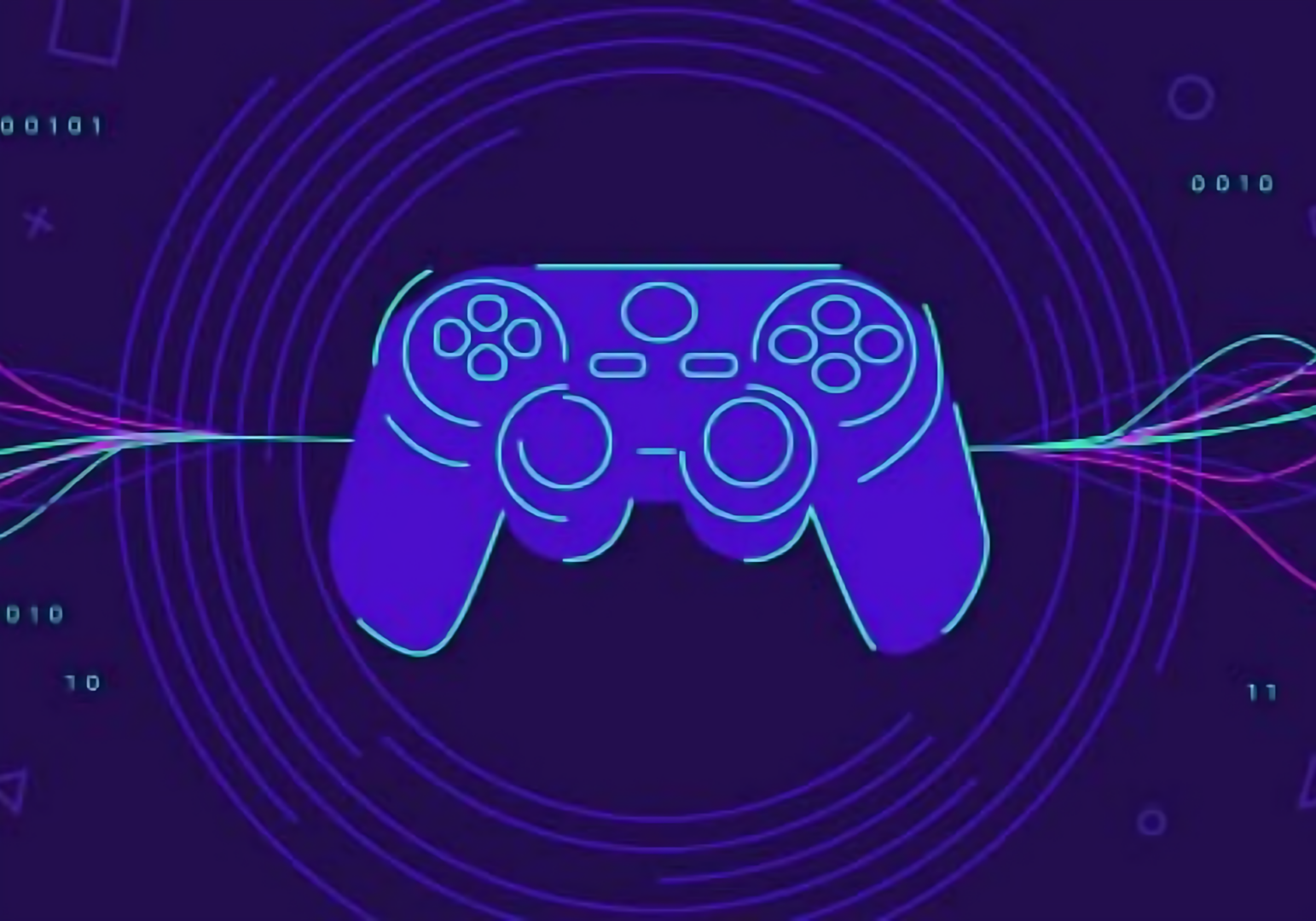As artificial intelligence continues to evolve, one unexpected yet powerful driver of progress is emerging – behavioral data in gaming. No longer just entertainment, games have become a vital source of rich, structured data that trains the next generation of intelligent systems. From drone algorithms to financial models, the insights drawn from gaming behavior are transforming AI development.
Why Gaming Behavior Is Gold for AI

Games capture every player movement with precision, whether dodging an opponent or making a strategic choice. These data points, complete with timestamps and context, form one of the most detailed behavioral datasets available today.
Unlike general web activity, behavioral data in gaming reflects decisions made under pressure, pattern recognition, and adaptive learning, all ideal conditions for training reinforcement learning models. As a result, AI trained on gaming data now powers:
- Drones that mimic e-sports maneuvers
- Traffic AI that detects risky driving before it happens
- Smart grids that anticipate and balance power loads
With over 3.4 billion players contributing to an industry worth $177 billion annually, the scale of gaming’s behavioral insight is unmatched.
Regulating the Rise of Behavioral AI
The increasing use of gaming telemetry raises ethical and legal concerns. Advanced tools like emotion detection headsets and biometric feedback systems make player surveillance a real possibility.
To counter this, regulations are tightening. The European Union’s AI Act (February 2025) bans certain uses like workplace emotion tracking and introduces strict standards for responsible data collection.
One innovation paving the way is zero-knowledge proofs (ZKPs) – a method that allows for secure verification of data without revealing personal information. These systems can embed consent tracking and transparency directly into data-sharing processes, offering a solution for ethical AI built on behavioral data in gaming.
Beyond Skins: Monetizing Player Behavior
While in-game skins and cosmetics offer short-term value, behavioral data in gaming grows more valuable over time. Its originality and complexity make it a hot commodity across multiple sectors:
- Insurance firms analyze high-risk behaviors from permadeath games
- Edtech startups improve learning tools using frustration curves from PvP games
- Hedge funds explore MMO economy logic to optimize trading models
Even on-chain platforms are trading behavioral datasets as synthetic assets – like stealth strategies and loot patterns – creating a new digital economy where royalties are returned to token holders when those assets are licensed for AI training.
Rebuilding Trust with Transparency
Yet, as developers profit from this data, player trust is at risk. A 2025 GDC report reveals rising skepticism: 30% of game developers now consider generative AI potentially harmful.

To restore trust, studios must adopt clear, transparent practices:
- Provide accessible opt-out settings
- Communicate how data-sharing affects gameplay features
- Include audit logs and transparency reports in patch notes
Such openness could become an industry standard, and even a monetizable asset for studios promoting ethical AI development using behavioral data in gaming.
The Future of Gaming and AI Is Now
Forward-thinking studios are already preparing for this shift. They’re building secure data vaults, incorporating zero-knowledge attestations, and minting smart contracts linked to in-game behaviors.
With strong regulatory foundations, widespread data availability, and new monetization channels, behavioral data in gaming is poised to revolutionize how AI is trained and deployed across industries.
Conclusion: Stake Your Claim in the Data Revolution
The role of gaming has evolved. What was once just digital fun is now a pipeline for AI training and decision modeling in real-world systems – from healthcare to logistics.
Studios that prioritize transparency and respect for player privacy will not only thrive financially but also redefine the relationship between gaming and technology.
As T-RO, co-founder of GamerBoom, puts it: “The gold rush has started.“
In the age of intelligent systems, behavioral data in gaming isn’t just influential- it’s essential.




